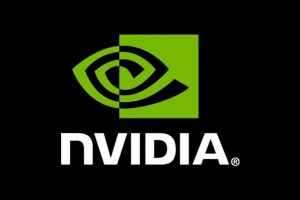October 31, 2025 – In a stark contrast to three years ago, Meta CEO Mark Zuckerberg made zero mentions of the “metaverse” during the company’s third-quarter earnings call on Wednesday, a significant shift from 2022 when he referenced the term eight times in a single session.
According to Business Insider, the hour-long discussion with analysts—also attended by CFO Susan Li—focused instead on Meta’s aggressive push into artificial intelligence, infrastructure expansion, and advertising technology. While the metaverse, once framed as Meta’s “core strategic priority,” went entirely unmentioned, internal memos reviewed by the publication revealed that CTO Andrew Bosworth reassured employees the company’s long-term commitment to virtual reality remains unchanged. “Metaverse work retains its top priority status,” Bosworth wrote in a staff update, though he acknowledged 2025 would be a “make-or-break year” to prove whether the multibillion-dollar bet represents visionary innovation or a costly misstep.

The earnings call’s dominant theme, however, was computational power. Zuckerberg used the term “compute” 14 times, while Li referenced it eight times, alongside 12 mentions each of “infrastructure” and “capacity”—keywords underscoring Meta’s escalating investments in AI-driven systems. The company raised its 2025 capital expenditure forecast and signaled further increases in 2026, with Li citing “unprecedented demand” for AI-powered tools across advertising and consumer products.
Zuckerberg emphasized innovation seven times, particularly in AI model development. “We’re building foundational models with unique use cases,” he said, hinting at breakthroughs from Meta’s advanced AI research labs. “I’ll share more once we achieve tangible results.”
Product discussions revealed shifting priorities. Facebook dominated mentions (13), followed by Instagram (11) and Threads (10), while WhatsApp received just six references. Hardware also featured prominently, with “glasses” mentioned six times and Meta’s Quest VR headsets nine times, suggesting renewed focus on wearable tech amid stagnating metaverse engagement.
Analysts noted the absence of metaverse rhetoric aligns with Meta’s recent pivot to AI, though Bosworth’s internal memo stressed the two initiatives remain interconnected. “AI fuels the metaverse, and the metaverse demands next-gen AI,” he wrote. For now, though, Wall Street’s attention is fixed on Meta’s ability to monetize its AI infrastructure—a strategy that has already boosted ad revenue by 22% this quarter.












